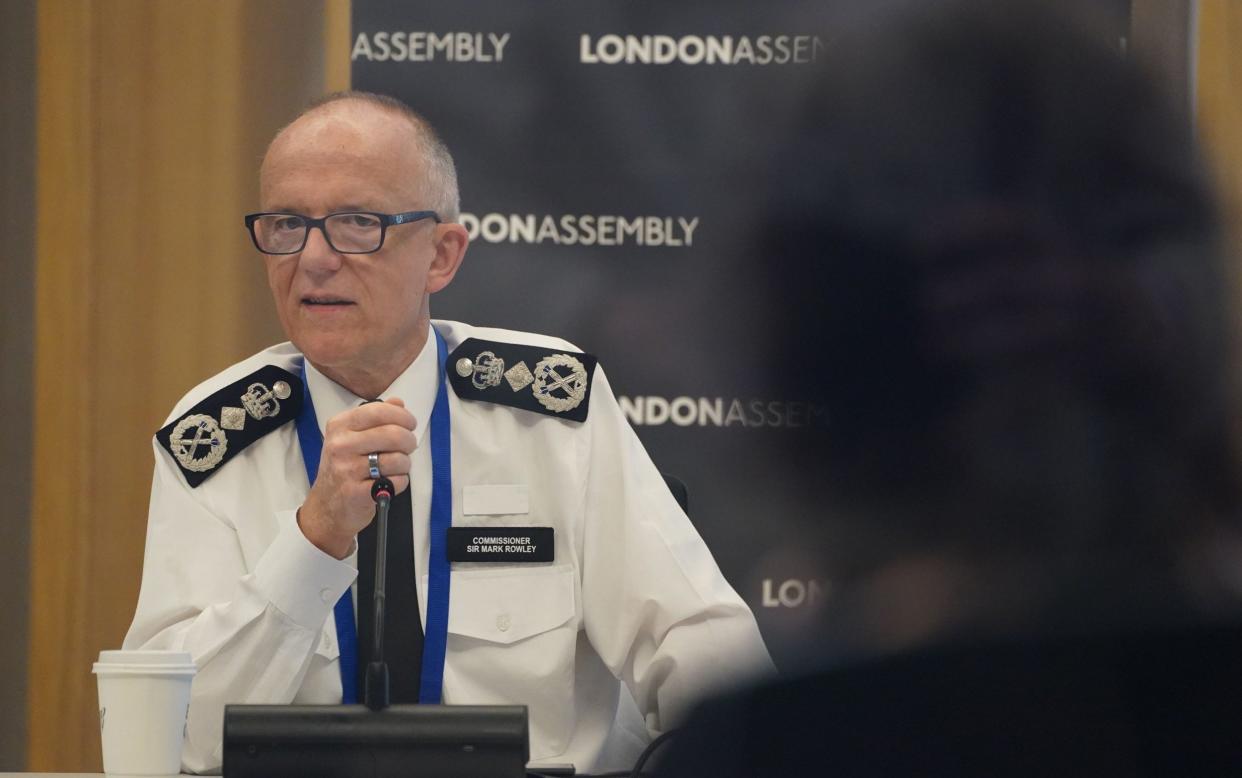Cleaning up the Met Police

When Sir Robert Mark was brought in to clean up the Metropolitan Police in 1972 after a series of scandals, he famously observed that “a good police force is one that catches more crooks than it employs”.
Scotland Yard had been rocked by the exposure of significant corruption in the CID, and the subsequent clear-out led to the departure of 450 officers, including the commander of the Flying Squad. Yet back then, the vetting procedures for new recruits were tougher than they are now. If endemic criminality of the sort targeted by Sir Robert may have largely ended, scores of officers with convictions are still in the force.
A search of the police national computer has revealed that 161 have convictions, including for sex offences, violence, dishonesty and serious motoring breaches. Around 70 per cent of offences were committed before they were recruited and this was known at the time. It has since come to light that more than 1,000 officers and staff have undergone comprehensive background checks after allegations of sex offences or domestic violence between 2012 and 2022. Of these, 246 were cleared while the remainder face possible reinvestigation.
Sir Mark Rowley, whose force was branded “institutionally racist, homophobic and misogynist” in the recent Casey report, has vowed to get a grip on this under pressure from the Government and Sadiq Khan, the capital’s mayor.
The head of the Met said he was considering whether the force should introduce stricter rules barring anyone “with convictions beyond the most trivial matters or crimes committed as a young person”. This should happen as a matter of course, certainly where sexual or violent offences are concerned. Women in particular have lost faith in the Met since the abduction and murder of Sarah Everard by a serving officer.
In a letter to Suella Braverman, the Home Secretary, the Commissioner says he has been forced to move 90 officers from tackling serious and organised crime and counter-terrorism to help the professional standards unit clean up the workforce.
If Sir Mark needs more money to sort this out then the politicians demanding reform should give him the means to do so. It is clearly not acceptable that in order to address one major scandal, the safety of Londoners should be compromised by scaling back policing elsewhere.

